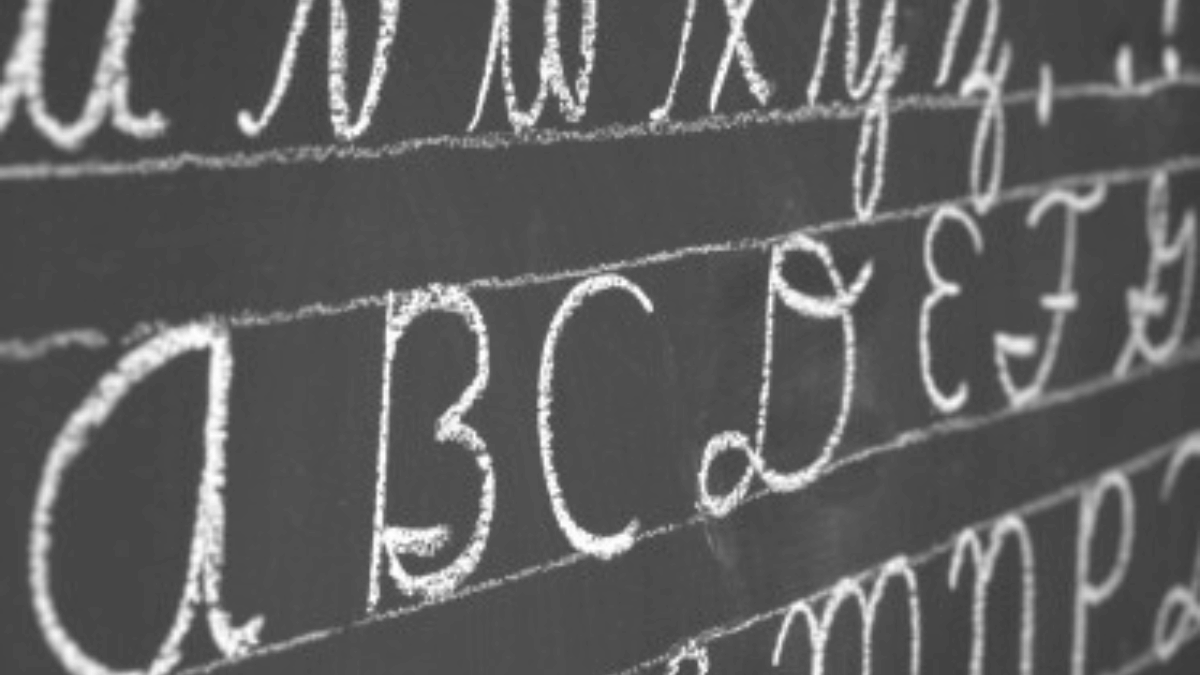Education committees in the West Virginia Legislature started the week off by considering changes to homeschooling requirements, as well as sports outside the school.
Monday afternoon the House Education Committee considered bills to promote registered apprenticeship programs, revise requirements of local school improvement councils and remove some requirements for homeschooling.
The original House Bill 5180 would have done away with the requirement that homeschool parents have a high school diploma or higher to provide home instruction. But that requirement was added back in with a committee substitute.
The bill changes how required academic assessments of the homeschooled child at grade level 3, 5, 8 and 11 are presented to the county superintendent, and allows microschools to submit a composite of assessment results instead of individual scores.
Del. Mike Pushkin, D-Kanawha, proposed an amendment that would bar county boards of education from authorizing instruction in the home if there is a pending child abuse or neglect investigation or a domestic violence conviction against either custodial parent or an instructor.
Pushkin said he recognizes most homeschoolers are deeply involved and care for their children but was inspired by another law that has often been proposed but never made it far in the legislative process.
“Oftentimes, it’s an instructor or a gym teacher, somebody a service personnel, somebody in the school, spots the signs of abuse, and that’s how they find out and that’s what could lead to that phone call being made that might save a child’s life,” he said. “I’ve offered this amendment, because unfortunately, that bill has been introduced year after a year, Raylee’s Law has been introduced year after year.”
Raylee’s Law is named after an eight-year-old girl who died of abuse and neglect in 2018 after her parents withdrew her from school.
The amendment was voted down nine to 15, and the committee substitute was recommended to the full House for consideration.
The House Education Committee also discussed:
- HB 5162, Establish a program to promote creation and expansion of registered apprenticeship programs.
- SB 172, Revising requirements of local school improvement councils.
Senate
In the Senate Education Committee Tuesday morning, Senators approved bill SB 750 aimed at promoting fentanyl awareness and education, without discussion. A similar bill sparked much debate in the House Education Committee last week.
Senators instead debated the merits of SB 813, which would allow students to participate in non-school competitive activities, and remove restrictions on external teams as a condition for playing for a school, team or sport.
Committee Vice Chair Charles Clements, R-Wetzel, expressed concern that the rule change would allow teams to keep playing beyond their intended season and erode the state’s athletic schedule.
“Right now you can’t start football practice until a certain date, you can’t start basketball practice until a certain date,” Clements said. “So what are we going to do with this and we keep talking about baseball. Okay, we take baseball. Baseball season usually ends for high school at the state baseball tournament. So if this is allowed to continue with the same coach and the same kids will just continue this whole season through until football season starts.”
Sen. Mike Oliverio, R-Monongalia, proposed an amendment that would extend the bill’s provisions to coaches, freeing them up to coach multiple teams.
Sen. David Stover, R-Wyoming, expressed his support for the amendment but also stated his concern that non-school teams would compete concurrently with school teams resulting in divided attention and loyalty from student athletes.
“If you’re playing a high school sport, that’s where your loyalty lies,” Stover said. “I agree with all this. Coaches should, they all better coach the travel teams. I don’t care if you play baseball around the clock but during the season for high school, that’s the season for high school ball.”
The amendment, as well as the broader bill, were ultimately adopted and recommended to the full Senate.
The Senate Education Committee also discussed:
